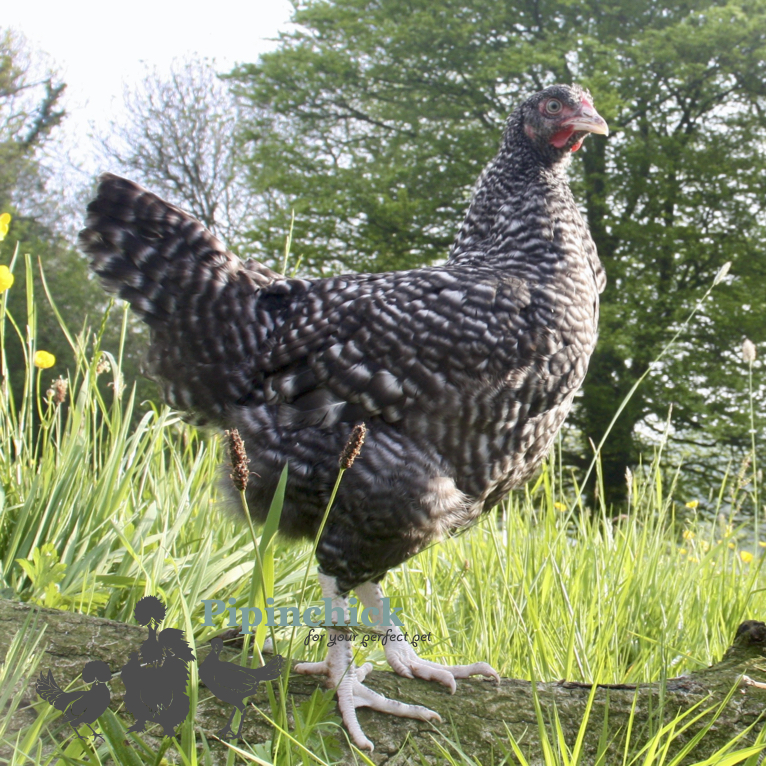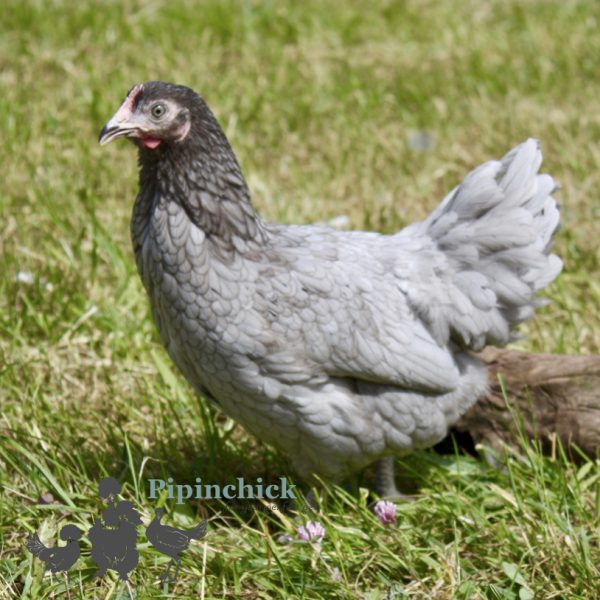


Caring for Chickens in Cold Weather!
If you want to buy chickens or hens before you make your purchase it is prudent to think about the practical ways in which you can care for them in cold weather. Here at Pipinchick Silkies, we put together five essential things all purchasers should consider:
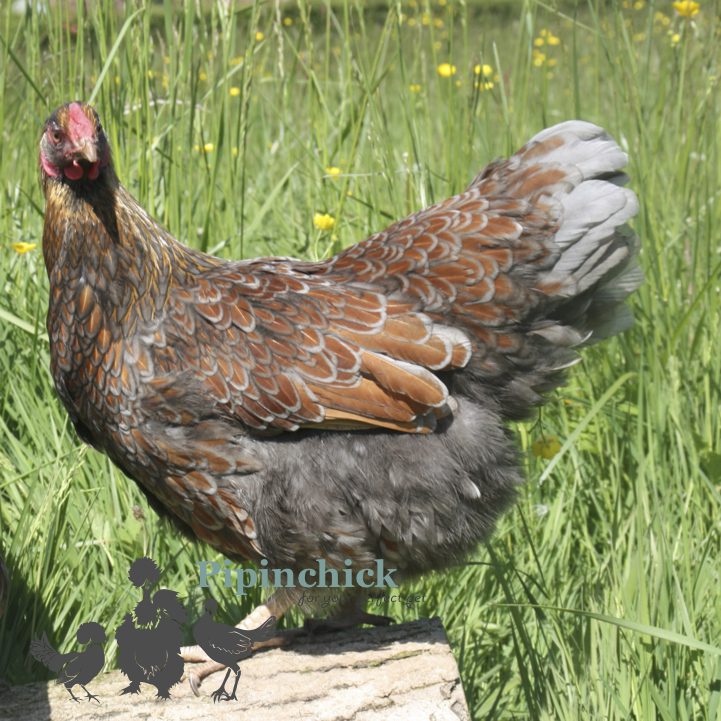
1. Damp and draught free shelter
Ensure that the coop, where you plan to house your chickens, can stay dry and free of draughts throughout the winter months. Well-insulated coops with closed windows and partially closed vents are a good way to maintain adequate ventilation without creating cold drafts, which can lead to your chickens becoming unwell or get frostbite.
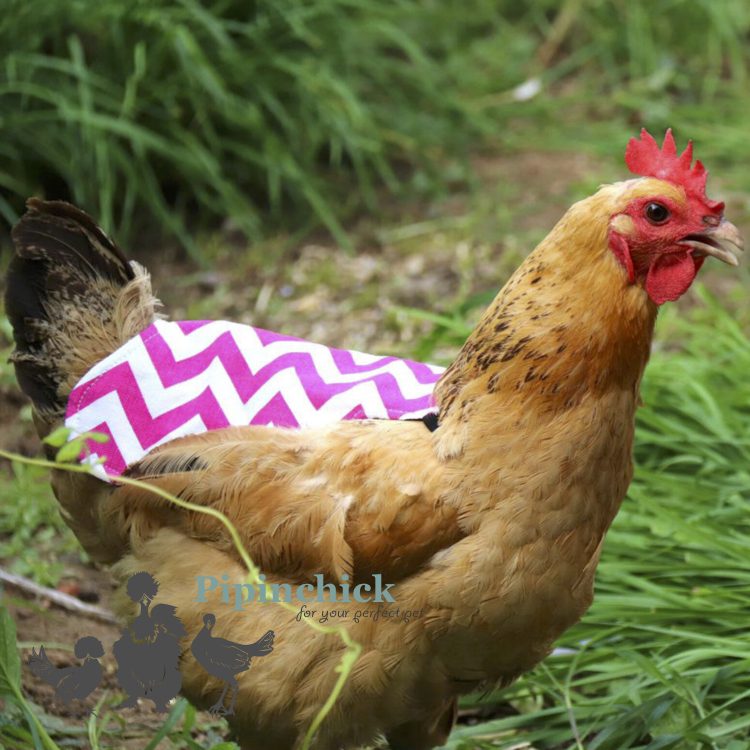
2. Extra Litter Insulation
During colder months you can insulate your chicken house with extra layers of cardboard and bedding. Simply add extra layers of cardboard to the bottom of your chicken coop and then put a very thick layer of your bedding on top, we recommend either a heat sealed treated straw bedding such as Dengi Fresh Bed, or a good quality wood shaving like Mendip New Flake. This will create a warm base for your chicken house, you can then insulate the roof by placing a lined picnic style blanket over the roof on the outside. This will keep your hens toasty warm during colder months.
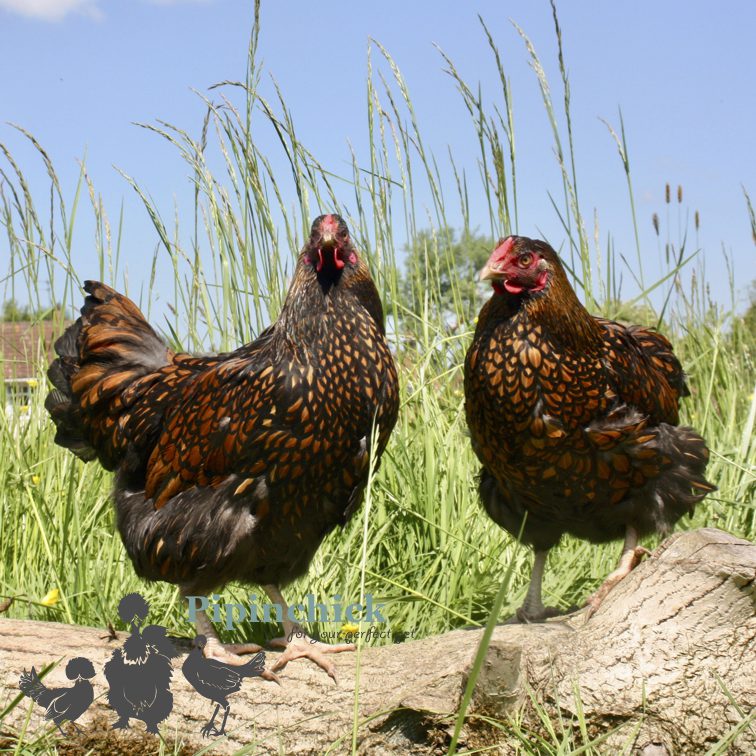
3. Nutrition
When you buy chickens, preparing stores of good nutrition is very important during colder months. Adjust your hens’ diet by providing higher quality and increased quantities of feed to help them stay warm. Offering cracked corn or grains in the afternoon can provide additional warmth as their body burns the extra calories through the night. Check the coop every day and ensure there is always access to fresh and unfrozen water.
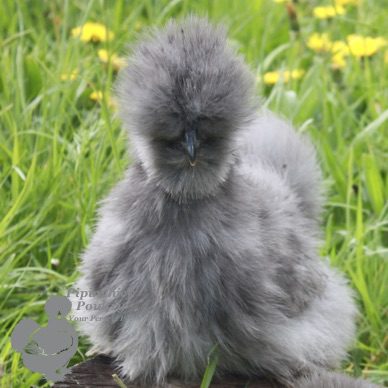
4. Prevent Frostbite
If you're planning to purchase chickens, be aware of the potential for frostbite. Applying petroleum jelly to the combs and wattles creates a protective barrier. Additionally, check that roosts are wide enough to prevent contact between their feet and the cold surface, safeguarding them from frostbite on their toes.
Finally, ensuring good ventilation and gentle circulation of air will help keep the coop smelling good and promote dry air within the coop. Dry air makes it easier for chickens to stay warm and prevents your chickens from getting frost bite.
5. Monitor Egg Production
When you buy chickens for the first time, it is a steep learning curve and whilst it is exciting to see your first egg production, you can expect a natural decline during winter. This said, you should still expect your hens to be laying regularly. Added to this, by collecting your eggs in frequently, you will prevent freezing and cracking. If there's a significant drop in production over the colder months, investigate potential causes such as stress, illness, or nutritional deficiencies in the hens for sale.
By keeping the above tips in mind and factoring in daily checks to your chickens, you can expect happy birds, even in colder weather conditions. Through regular monitoring and adjustments based on your chosen breed of chickens, you will ensure a happy, healthy and productive flock.
For more information about chickens for sale and hens for sale, contact the Pipinchick Silkies team here.

